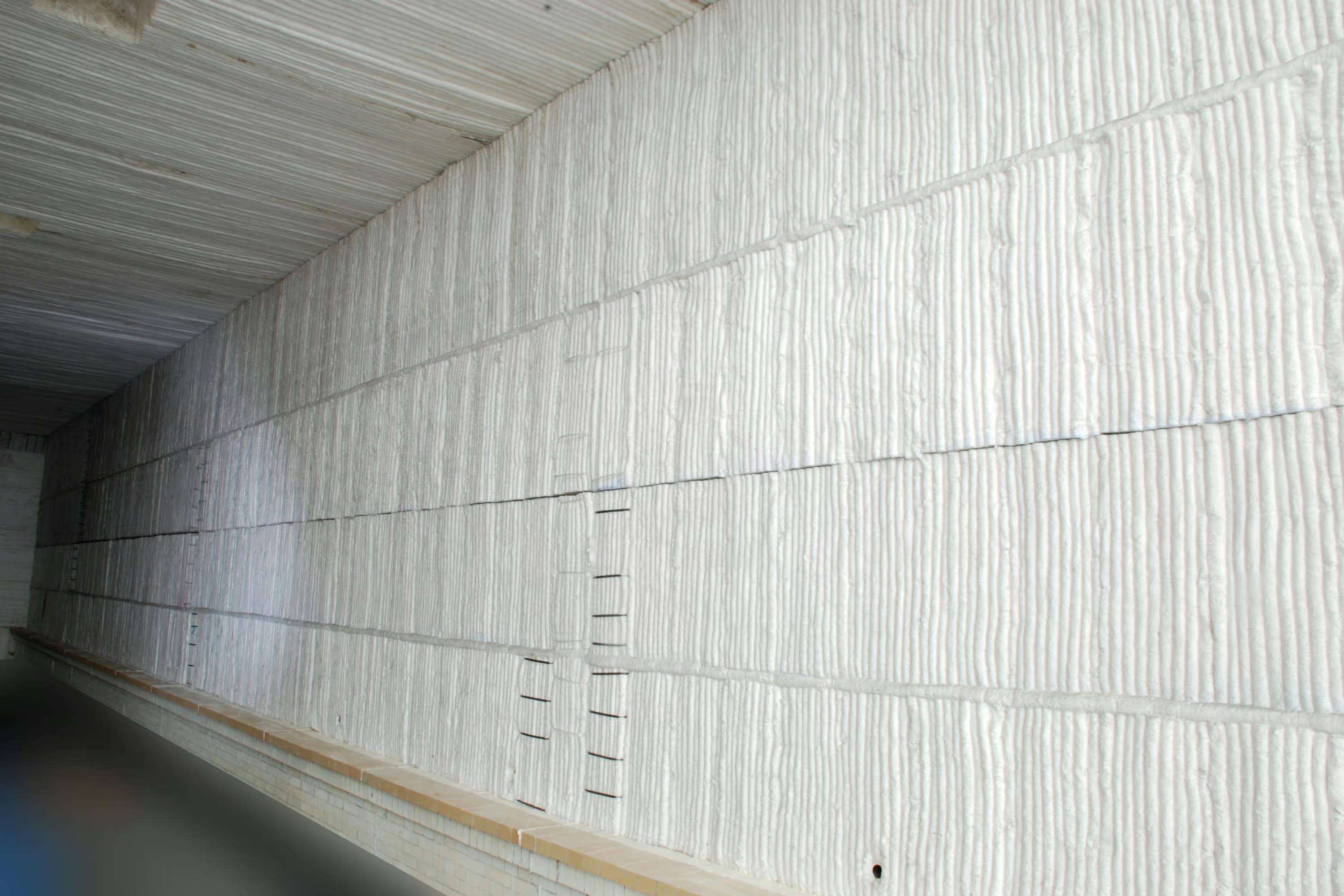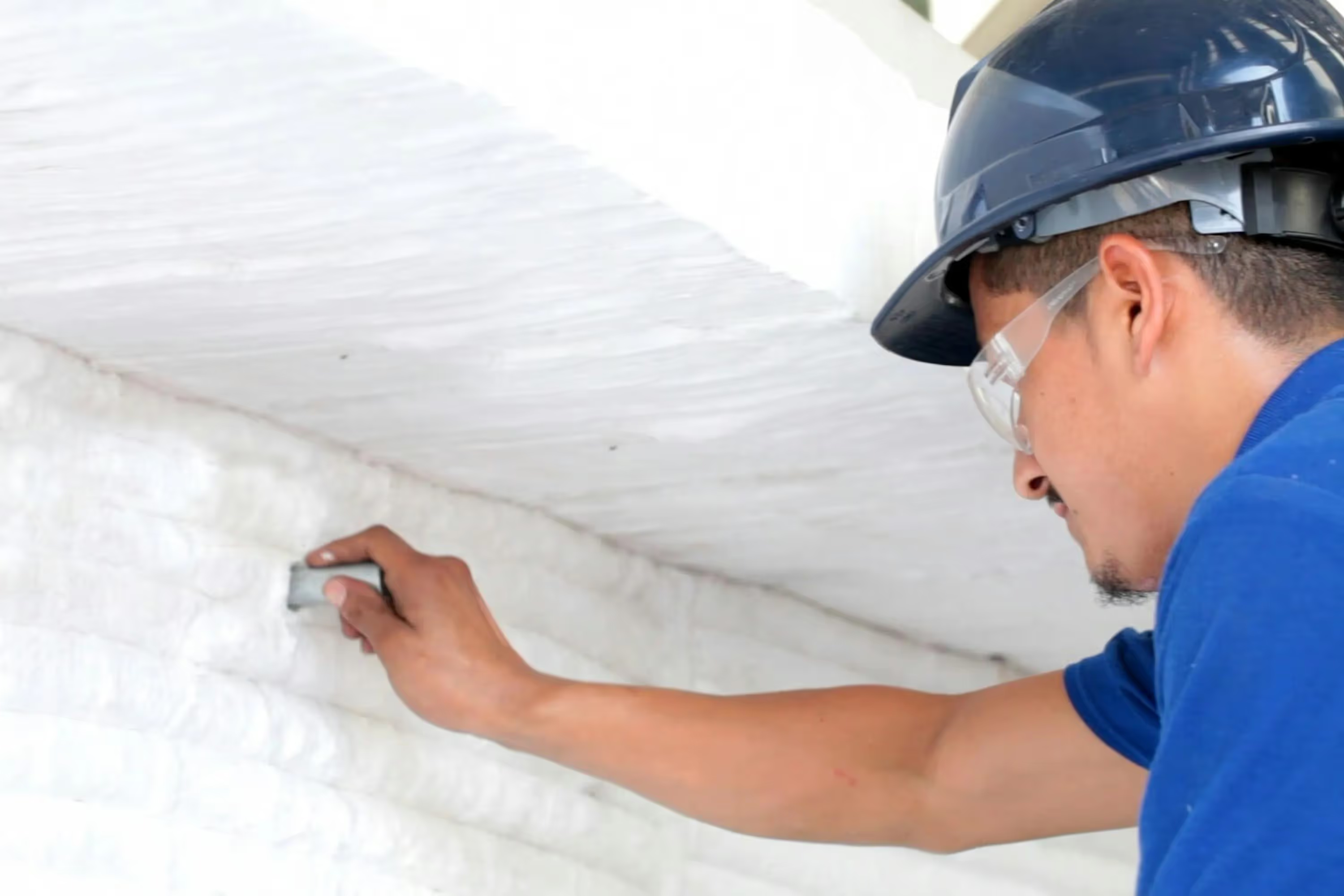
English (Global)
Article
High Temperature Insulation Materials - Key Factors Before Choosing
Since numerous industrial processes involve withstanding high temperatures, choosing the optimum insulation materials is essential to mitigate energy loss, corrosion, or material wear.
Since numerous industrial processes involve withstanding high temperatures, choosing the optimum insulation materials is essential to mitigate energy loss, corrosion, or material wear. As such, the proper selection and application of thermal insulation materials is of the utmost importance when it comes to offering appropriate protection at operating temperatures, as well as addressing other factors.
Finding the most suitable application to withstand elevated temperatures involves a range of factors to consider before choosing the one that best suits your needs, and in this article we will address the most important ones you must consider to arrive at the best decision.
How to determine if you need a high temperature insulation solution
In an industrial environment where high temperatures are involved, energy loss, corrosion, or high noise levels indicate that a thermal insulation material might be necessary.
If any of these variables sounds familiar to you and, in addition, you have also detected heat spikes in your equipment, your machinery, or within a specific process, we recommend:
- Identifying where the excess heat is being generated.
- Checking if the affected area has thermal insulation and/or is in good condition.
- Measuring the temperature to which this hot spot rises.
Once these conditions have been determined, a proper diagnosis can be initiated to decide the most appropriate insulating product type. However, remember that it is vital to have good background knowledge about the manufacture of your machinery, your equipment, and the installation.
Do you need to insulate a part of your equipment or process? Contact us today.
The process of choosing a thermal insulation material
If you have already detected a potential insulation problem, we recommend that you collect the following information so that it’s possible to receive a quote from a provider:
- Temperature. That is, what temperature is being reached during a particular process, or is observed at an equipment hot spot.
- Use restrictions. For example, instances where ceramic fiber won’t work as efficiently as other materials, or there exists some other physical limitation determined by both the process and the equipment.
- Environmental factors. A reduction atmosphere, for instance.
- Design or configuration of the process or equipment. This includes plans, photos, and samples, so that the engineering team can better understand the process.
Pro tip 1: the more information you can provide in the initial stages, the more accurate the insulation proposal can be, based on your specific needs.

Factors influencing the choice of thermal insulation products for high temperatures
Equipment design and the specific type of process
That is to say, the particular characteristics of the equipment or industrial process for which the insulation is needed. For example:
- Process temperature and design temperature. This is the heat flow present in the industrial process or in the equipment to be insulated.
- Insulation thickness.
- Configuration and application. The correct installation of the material ensures efficient protection.
Environmental conditions
These account for any variables affecting the thermal insulation’s effectiveness. Included are:
- Reducing atmospheres
- Corrosive environment
- Humidity
- Vibration and movement
- Weather exposure
Engineering as a factor
To guarantee an adequate thermal insulation solution, ensure your engineering team has the necessary experience to determine which option will work best.
Pro tip 2: Remember that each heat problem must be treated in a personalized way. It is best to obtain advice from experts in thermal insulation.
Tips for choosing the right thermal insulation provider
Companies commonly consult with different providers to find the most appropriate solution. During this process, we recommend that you:
- Evaluate whether the selected or proposed product is in a temperature range that meets the requirements.
- Check if your provider delivers an engineering service. Professional assistance can ensure the best results when it comes to addressing heat loss or making energy savings.
- Understand that costs can vary based on the quality of the product, its lifetime, the installation it entails, its maintenance service, and the complexity of the design, among other considerations.
In conclusion
There are several key factors to remember when choosing the right high temperature insulation products, including their properties, their design, the insulation engineering, and the influence of particular environmental conditions at play.
Although cost can be an essential factor, it’s advisable to prioritize the quality of the engineering solution behind it. This can lead to longer-lasting benefits for your machinery, and can also take process efficiency to an optimum level.
Remember that industrial equipment must be adequately protected to guarantee its safety, efficiency, and durability. Taking these factors into consideration, you can successfully select the appropriate high temperature insulation material to meet your specific needs.
Want to know more?
At NUTEC, we are committed to providing you with valuable content that helps you make informed decisions for your business. Thank you for taking the time to read this entry and we hope it provided you with insights that you can apply to your operations.
If you have any questions or would like to learn more about our products, please don’t hesitate to contact us.
To get in touch, simply fill out the form, and one of our experts will get back to you as soon as possible.
© NUTEC Incorporated 2026

